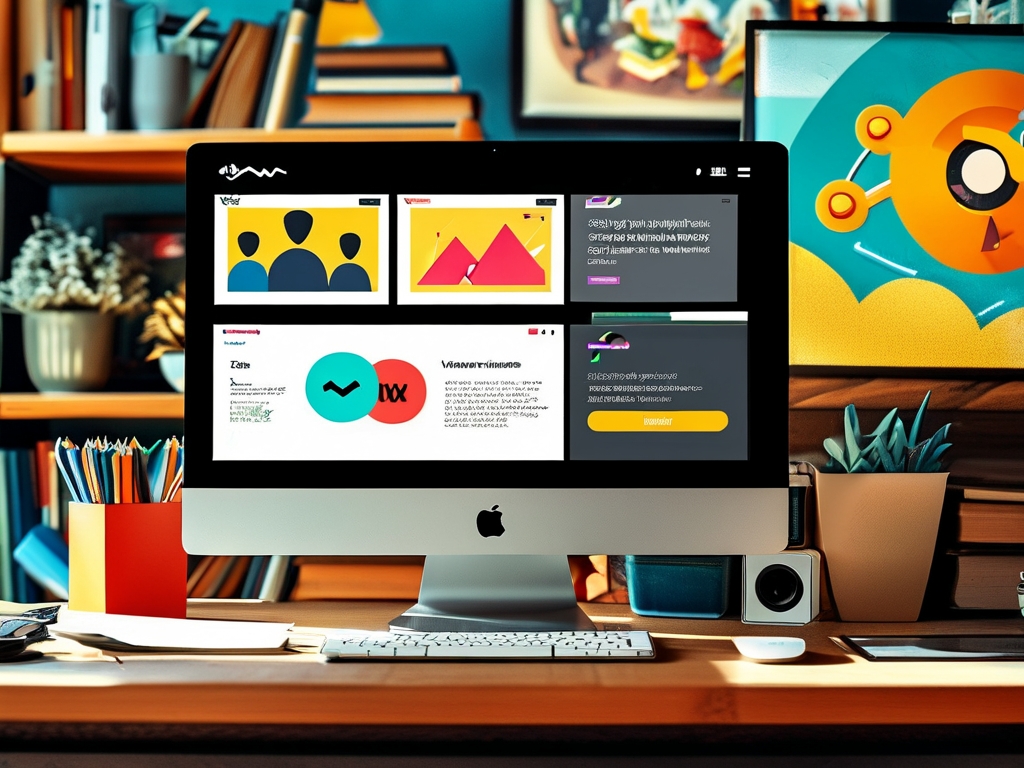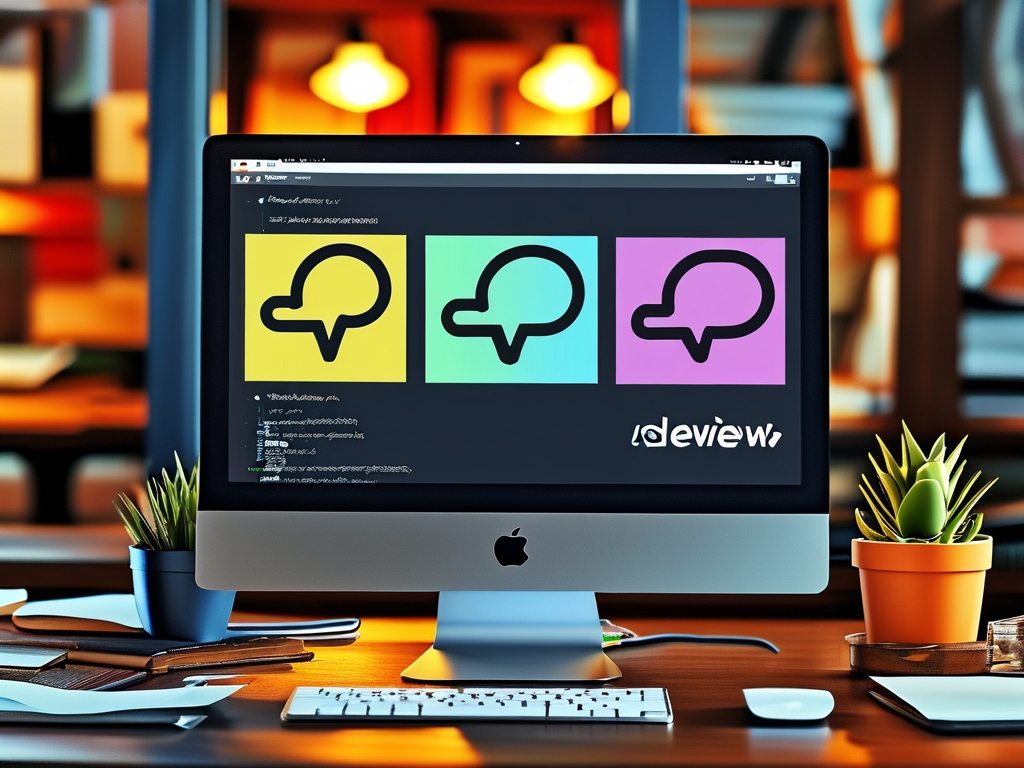The front-end development landscape evolves rapidly, and 2024 brings new challenges and expectations for aspiring developers. Whether you're a junior engineer or a seasoned professional preparing for interviews, understanding the latest trends and frequently asked questions is crucial. This article breaks down the key technical topics, behavioral expectations, and emerging tools dominating interviews this year.

1. Core Technical Skills Remain Essential
Despite advancements in frameworks and tools, interviewers continue testing foundational knowledge:
- HTML/CSS:
Expect questions about semantic HTML, CSS Flexbox/Grid layouts, and accessibility standards (e.g., ARIA roles). Practical tasks like recreating a responsive navbar or debugging layout shifts are common. - JavaScript Fundamentals:
Closure, hoisting, event loop, and prototype inheritance remain hot topics. Codility-style challenges often involve array manipulation (e.g.,map,reduce) or solving algorithms like memoization. - Browser Mechanics:
Questions about rendering optimization, Critical Rendering Path, and browser storage (LocalStorage vs. SessionStorage vs. Cookies) test your understanding of performance bottlenecks.
2. Framework-Specific Expertise
Companies increasingly focus on framework proficiency:
- React:
Hooks (useState, useEffect, custom hooks), React Server Components, and state management (Context API vs. Redux Toolkit) dominate interviews. Interviewers may ask you to optimize re-renders or explain hydration in Next.js. - Vue/Nuxt:
Composition API, reactivity fundamentals, and Nuxt’s server-side rendering strategies are frequently tested. - Emerging Tools:
Familiarity with meta-frameworks like Astro or Qwik—especially their partial hydration models—can set you apart.
3. System Design and Architecture
Mid-to-senior roles now emphasize system design:
- Component Architecture:
Design a scalable dashboard component with dynamic data fetching and error boundaries. - Performance Optimization:
Propose solutions for lazy loading images, code splitting, or reducing Cumulative Layout Shift (CLS). - API Integration:
Discuss REST vs. GraphQL trade-offs or implement a TypeScript-based fetch wrapper with error handling.
4. Behavioral and Collaborative Skills
Technical prowess alone isn’t enough:
- Problem-Solving Narratives:
Use the STAR method to explain how you debugged a production issue or migrated a legacy codebase. - Teamwork Scenarios:
Describe conflicts with designers over UX decisions or how you mentored junior developers. - Tooling Advocacy:
Highlight your experience with CI/CD pipelines, monorepos (e.g., Turborepo), or testing frameworks (Jest, Cypress).
5. Emerging Trends in 2024
Stay ahead by mastering these trends:
- AI-Driven Development:
Interviewers may ask about using GitHub Copilot or ChatGPT for code generation—and how to validate AI outputs. - WebAssembly (Wasm):
Basic knowledge of compiling C/Rust modules for browser execution is a plus for performance-critical roles. - Edge Computing:
Understand how edge platforms (Vercel, Cloudflare Workers) impact front-end deployment and serverless functions.
6. Practical Coding Challenges
Whiteboard exercises now mirror real-world scenarios:
- Live Coding:
Build a live search component with debouncing and API caching. - Debugging Sessions:
Fix memory leaks in a React app or resolve hydration mismatches in Next.js. - Take-Home Assignments:
Create a small app using a specified stack (e.g., SvelteKit + Tailwind) and write unit tests.
7. Preparing for Success
- Practice Platforms:
Use LeetCode, FrontendMasters, or Codewars to sharpen skills. - Mock Interviews:
Platforms like Pramp simulate real interview pressure. - Portfolio Polish:
Showcase projects with clean code, Dockerized deployments, and detailed READMEs.
In 2024, front-end interviews blend deep technical rigor with adaptability to new tools. By mastering core concepts, staying updated on trends, and practicing articulate problem-solving, you’ll confidently tackle whatever questions come your way.








